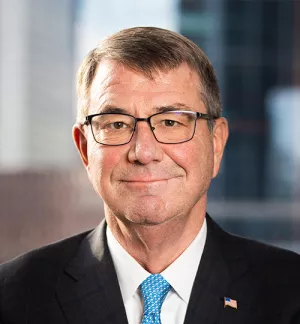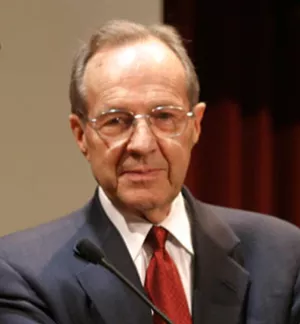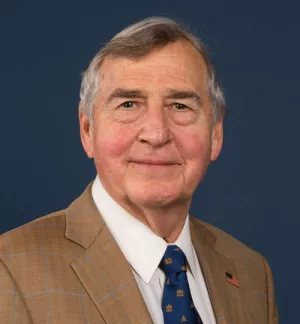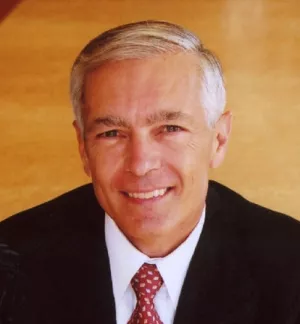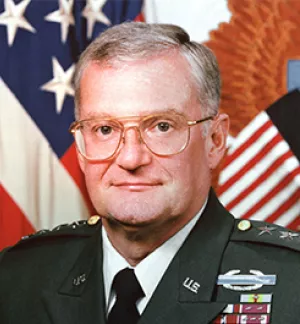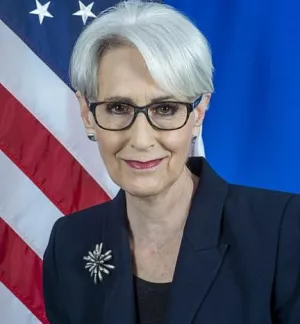Report by: Carter, Ashton B., William J. Perry, Madeleine K. Albright, Graham T. Allison, Samuel R. Berger, Wesley K. Clark, Thomas E. Donilon, Michele A. Flournoy, John D. Podesta, Susan E. Rice, John M. Shalikashvili, Wendy R. Sherman, Elizabeth D. Sherwood-Randall and James B. Steinberg.
Summary
The gravest threat facing Americans today is a terrorist detonating a nuclear bomb in one of our cities. The National Security Advisory Group (NSAG) judges that the Bush administration is taking insufficient actions to counter this threat.
- If this catastrophe were to occur, what would we wish we had done to prevent it?
- Why are those actions not being taken today?
President Bush has aptly noted that keeping the worst weapons – WMD – out of the hands of the worst people – terrorists – is an American president’s highest priority. The NSAG agrees. Yet on the record to date, we judge that the U.S. government has not made the connections between these words and the necessary actions. The administration is fighting a global war on terror, but not yet a global war on WMD.
This NSAG report details the actions that would constitute such a global war on WMD. The NSAG’s advice is directed to the American public, to the administration, and to members of Congress of both parties.
Carter, Ash, Dr. William J. Perry, Secretary Madeleine K. Albright, Graham Allison, Samuel R. Berger, General Wesley K. Clark, Tom Donilon, John D. Podesta, Susan E. Rice, General (ret.) John M. Shalikashvili, Wendy R. Sherman, Elizabeth D. Sherwood-Randall and Dr. James B. Steinberg. “Worst Weapons in Worst Hands: U.S. Inaction on the Nuclear Terror Threat Since 9/11, and a Path of Action.” National Security Advisory Group, July 20, 2005










